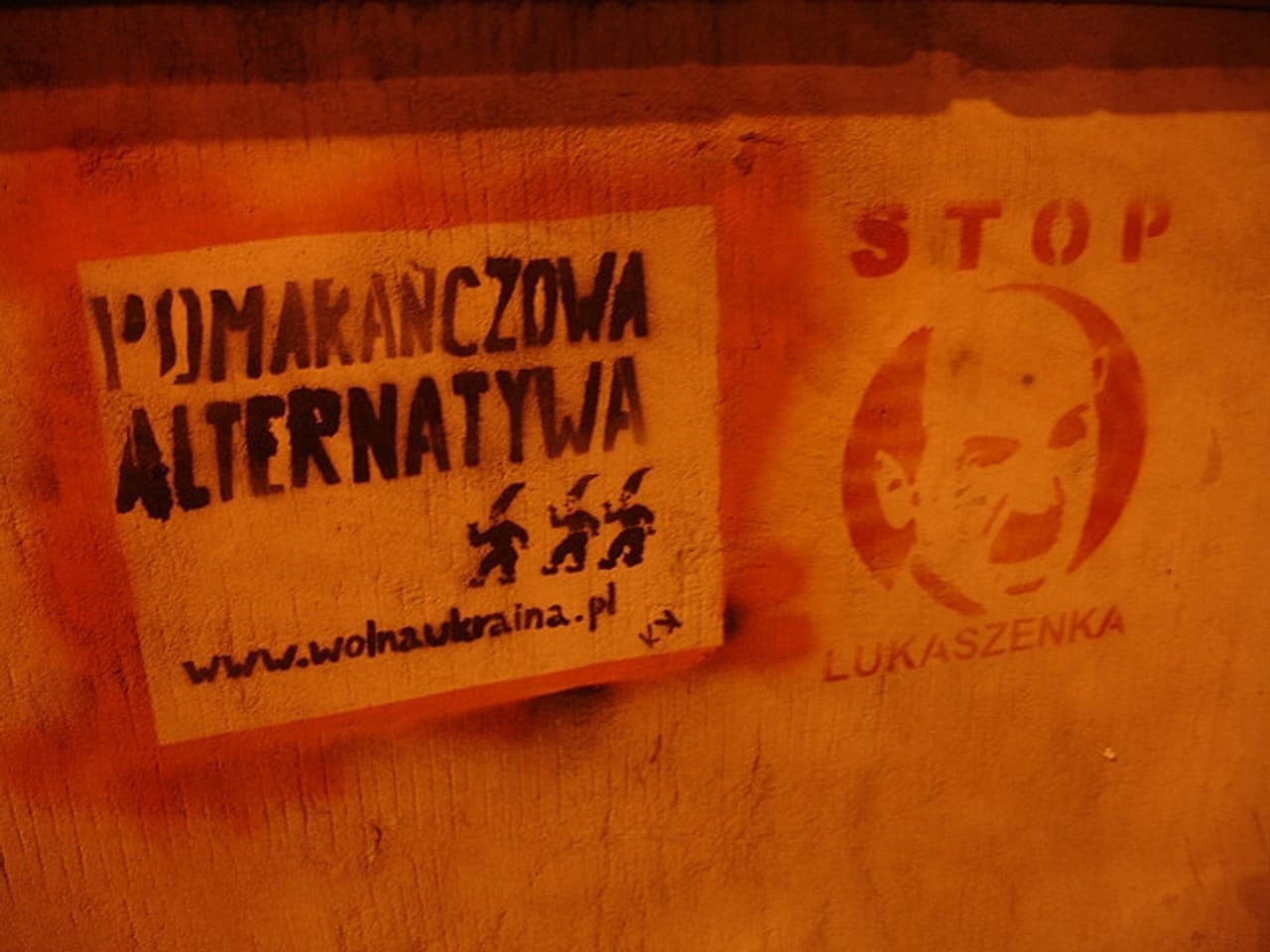
PR Uncovered: Lifting the travel ban on a dictator
Stringent sanctions have been imposed on Belarus due to human rights abuses.
Bell Pottinger boasted to undercover Bureau journalists that it helped engineer the lifting of an EU travel ban on the man dubbed ‘Europe’s last dictator’. Part of the PR team included former British diplomat Sir David Richmond.
The EU imposed the ban on Belarus’ president Alexander Lukashenko in 2006, in the wake of a heavily criticised general election and the arrest of opposition activists. In 2008 Bell Pottinger was hired to improve the country’s image.
During a meeting with Bureau journalists posing as potential clients, the firm revealed the role of Sir David, a former Foreign Office director of intelligence and UK Special Representative in Iraq, in persuading the EU that Belarus was now committed to effective reform.
Related article: How the Bureau investigated Bell Pottinger
‘We discussed with them some of the changes we thought would make an impact – they were particularly interested in the US and EU because that’s where the sanctions were coming from,’ Sir David said. ‘They made a couple of quite important changes and within a couple of months the sanctions were removed.’
The changes referred to included the release of certain political prisoners. But the country’s movement in that direction proved short-lived.
Sir David said: ‘They said to us, you know, we’re going to go on this path of changing, but what really happened is having made the initial changes, everything stopped.’
Bell Pottinger’s contract with Belarus was terminated in 2009. While it was assumed that Lukashenko – or the government – was paying for the firm’s services, Bureau journalists were told during the meeting that it was actually paid by ‘a rich benefactor who had key interests in Belarus’.
Stringent sanctions
In January this year, the EU re-instated the travel ban on the president following another post-election crackdown. In June further stringent sanctions were imposed in response to fresh human rights abuses.
Bell Pottinger has argued that working for despotic regimes is acceptable, so long as their leaders are genuinely committed to change.
The Belarus example illustrates the potential dangers of that approach.
‘There was not any real progress, in my opinion,’ an activist whose son was a political prisoner told the Bureau, writing from within Belarus. ‘It was a custom-made PR campaign by the government. We cannot say there were systemic changes towards democracy.’
Promoting Belarus
As part of its efforts to gain good press for Belarus, Bell Pottinger organised a conference in London trumpeting the country’s attractiveness as an investment opportunity.
‘A landmark investment forum in London is a sign that Belarus, long shunned by the West, is emerging from relative isolation,’ wrote BBC reporter Marina Denysenko in an article entitled ‘Belarus comes in from the cold‘.
Ms Denysenko left the BBC to work for Bell Pottinger on its Belarus campaign several months later. Ms Denysenko admitted meeting Bell Pottinger representatives at the forum, but said her decision to write the article was ‘dictated by the novelty of the subject and was completely independent from the employment opportunity which I later had with Bell Pottinger.’
The media description of Belarus and its administration has absolutely no relation with reality.
Lord Bell, Bell Pottinger
Bell Pottinger secured a four-page special report on Belarus in the Financial Times, including an interview with President Lukashenko in which he joked about his ‘last dictator’ tag.
A Business New Europe article by Ben Aris, entitled The Last Untapped Market in Europe, raved: ‘Today, investors are starting to talk about the Belarusian economic miracle.’
And the firm set up a website, www.belarus.by/invest with the message that Belarus is ‘Europe’s best kept secret for investors.’
A tourist destination
The PR firm also promoted Belarus as an ‘exciting and undiscovered tourism destination’ in 2008-09, which involved taking the foreign media on trips to the country.
The Daily Mail included Belarus in its top ten travel destinations for 2009. The Bristol Evening Post ran a large spread headlined From White Russia With Love, and the Times ran Our Woman In: Minsk.
In an October 2008 interview with euobserver.com, Bell Pottinger founder Lord Bell said of Belarus: ‘When I go there, I mix perfectly happily with ordinary people. I see a country that has a perfectly nice atmosphere about it, people are very relaxed, people I talk to in hotels, bars and restaurants don’t keep looking over their shoulder… the media description of Belarus and its administration has absolutely no relation with reality in my experience.’
Lord Bell has argued that ‘everyone is entitled to an advocate’. The Lukashenko regime, however, has repeatedly denied jailed politicial activists access to legal representation and disbarred lawyers who attempted to represent dissidents.
The EU’s most recent sanctions imposed travel bans and asset freezes on 13 members of the regime, including officials allegedly involved in jailing presidential candidate Andrei Sannikov for five years for ‘organizing mass disturbances’.
The day before he was beaten and detained, Mr Sannikov reportedly told Radio Free Europe writer James Kirchick that further Western engagement with Lukashenko would cause ‘extended agony’ for the people of Belarus. Mr Kirchick added: ‘This crackdown marks the tragic failure of a years-long engagement process spearheaded by the European Union.’




